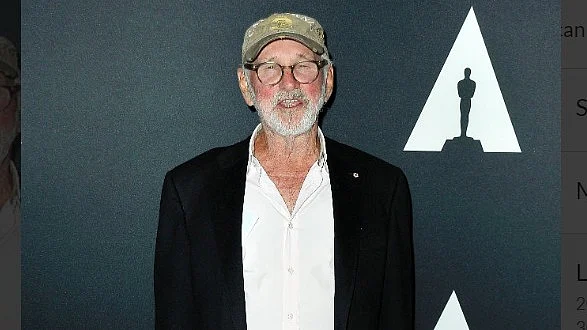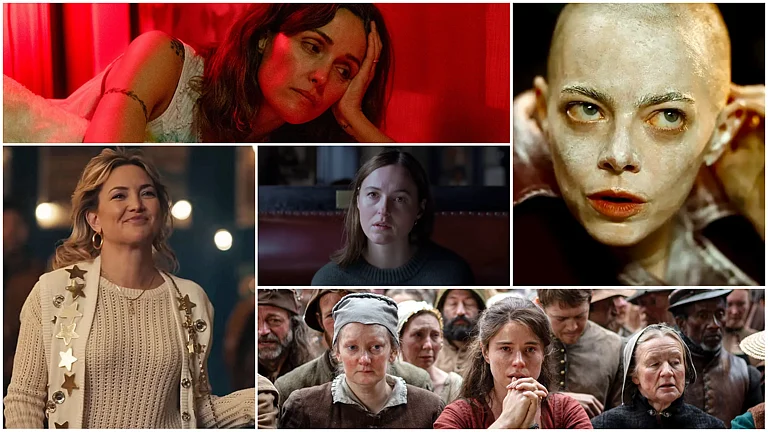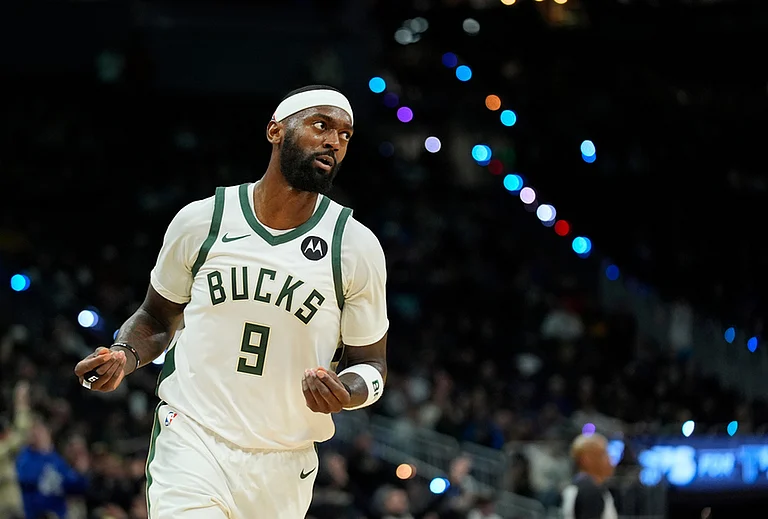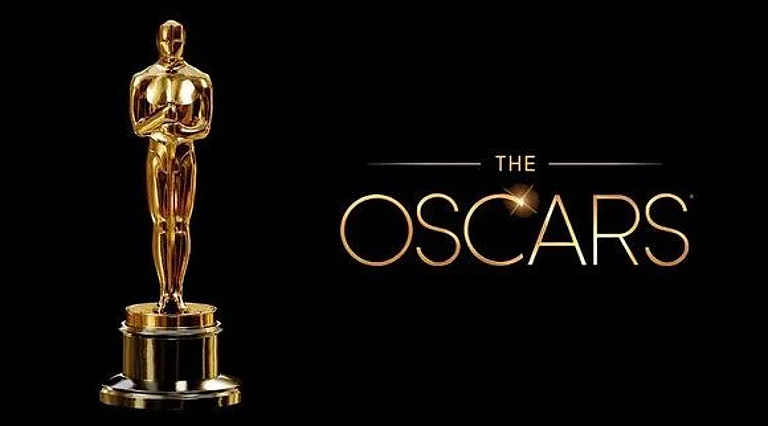Norman Jewison, the Canadian filmmaker whose career spanned over six decades and gifted us classics like "Fiddler on the Roof," "In the Heat of the Night," and "Moonstruck," passed away on Saturday, January 20. His legacy, however, continues to resonate through the powerful narratives he crafted and the countless artists he influenced.
97 years-old Jewison wasn't just a filmmaker; he was a sculptor of stories, an architect of empathy, and a tireless champion for human resilience. His passing cast a long shadow across the landscape of cinema, but the depth of his legacy adorned with seven Academy Award nominations, an Irving G. Thalberg Memorial Award, a BAFTA Award, and Golden Globe nominations, defies such darkness. His films continue to guide us with their enduring brilliance.
Jewison's career transcended genres and decades. He was as comfortable navigating the sun-drenched streets of Brooklyn in "Moonstruck" as he was grappling with the racial tensions of the Deep South in "In the Heat of the Night." He breathed life into the iconic tale of Tevye the milkman in "Fiddler on the Roof," his camera lens capturing both the joy and sorrow of a community clinging to its traditions. Jewison wasn't afraid to delve into the dark corners of the human psyche, as evidenced by the dystopian thrills of "Rollerball," but there was always a flicker of hope, a yearning for something better, that illuminated even his darkest corners.
Perhaps Jewison's greatest gift was his ability to make the personal universal. Whether it was Sidney Poitier's groundbreaking detective Virgil Tibbs confronting institutional racism or Cher's Loretta Castorini navigating the chaotic terrain of family expectations, Jewison's characters felt real, flawed, and deeply human. They mirrored our own struggles, dreams, and flaws, reminding us that the stories we tell about ourselves are, at their core, stories about all of us.
But Jewison was more than just a storyteller; he was a fighter. He battled Hollywood bureaucracy to cast Poitier in "In the Heat of the Night," paving the way for greater representation in film. He spoke out against injustice, using his platform to champion environmental causes and advocate for social change. Jewison understood the power of his art, and he wielded it with a responsibility and passion that few could match.
His story is not without its shadows. There were personal struggles, artistic disappointments, and the inevitable clashes with an industry that can be as unforgiving as it is alluring. Yet, through it all, Jewison's spirit of creative daring and unyielding optimism remained unbowed.
Norman Jewison’s Major Works
Jewison's filmography is a tapestry woven with threads of social commentary, emotional depth, and cinematic brilliance. Here are some highlights that showcase his diverse skills and lasting impact:
1. In the Heat of the Night (1967): This thriller confronts racial prejudice in the Deep South, featuring Sidney Poitier's iconic detective Virgil Tibbs. It earned seven Oscar nominations and won five, including Best Picture and Best Original Song.
2. A Soldier's Story (1984): Jewison tackles racial tensions within the US military during World War II, exploring themes of prejudice and self-sacrifice. It received three Oscar nominations and won one for Best Adapted Screenplay.
3. Fiddler on the Roof (1971): This vibrant musical brings to life the story of Tevye the milkman and his Jewish community facing change in Tsarist Russia. It earned three Oscar nominations and won two, including Best Cinematography.
4. Moonstruck (1987): A comedic tale of love and family in Brooklyn, featuring Cher's Oscar-winning performance. It earned six Oscar nominations and won three, including Best Actress.
5. Rollerball (1975): A dystopian sci-fi film set in a future where a brutal roller derby has become the world's most popular sport. It showcases Jewison's ability to blend action with social commentary.
6. The Russians Are Coming, the Russians Are Coming (1966): A Cold War comedy about a small American town thrown into chaos by a mistaken submarine landing. It's a playful satire on fear and political paranoia.
Beyond these highlights, Jewison's legacy extends to documentaries like "Grey Gardens" and political thrillers like "The Statement."
Norman Jewison’s Major Achievements
1. Lifetime Achievement Award from Director’s Guild of both Canada and America
2. In the Heat of the Night (1967): Nominated for Best Picture, Best Director, Best Adapted Screenplay, Best Actor (Sidney Poitier), Best Supporting Actress (Lee Grant), and won Best Original Song ("Guess Who's Coming to Dinner").
3. Fiddler on the Roof (1971): Nominated for Best Picture, Best Director, Best Adapted Screenplay, and won Best Cinematography and Best Score.
4. Moonstruck (1987): Nominated for Best Director, Best Picture, Best Original Screenplay, and won Best Actress (Cher).
His seven Academy Award nominations signify the enduring quality and acclaim his work garnered within the industry. The prestigious Irving G. Thalberg Memorial Award, recognizing his lifetime achievements in filmmaking, further solidifies his place as a cinematic giant. The BAFTA Award and Golden Globe nominations highlight the international recognition and appreciation for his storytelling prowess.
Norman Jewison may be gone, but his legacy lives on in every frame of celluloid he touched. He gifted us not just entertainment, but mirrors to our souls, windows into the human experience, and a testament to the transformative power of storytelling. Let us remember him not just for the films he made, but for the conversations he sparked, the barriers he broke, and the hope he ignited with every image he brought to life.
His absence is a profound loss to the world of cinema and beyond. But Jewison's films, filled with vibrant characters, poignant moments, and timeless messages, will continue to inspire generations of filmmakers and audiences alike. He leaves behind a legacy not only of cinematic brilliance but also of empathy, courage, and a profound belief in the power of stories to connect us all.



























